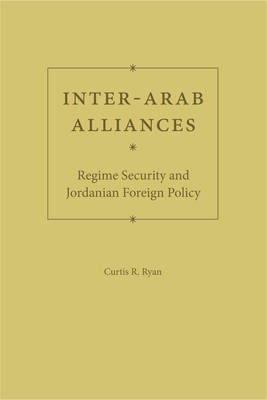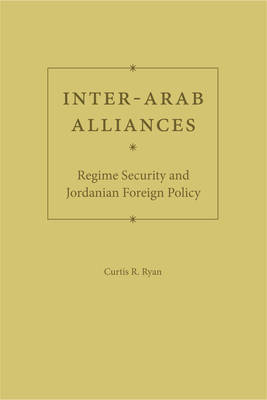
- Retrait gratuit dans votre magasin Club
- 7.000.000 titres dans notre catalogue
- Payer en toute sécurité
- Toujours un magasin près de chez vous
- Retrait gratuit dans votre magasin Club
- 7.000.000 titres dans notre catalogue
- Payer en toute sécurité
- Toujours un magasin près de chez vous
Description
"Makes a real contribution to the literature on Jordan, on inter-Arab politics, and on alliance theory in international relations."--Marc Lynch, George Washington University
"By highlighting the dilemmas that shape domestic political affairs and their interaction with the more widely acknowledged external security dilemma, the analysis takes a major step beyond existing studies."--Fred H. Lawson, Mills College
There is a method to the apparent madness of Arab politics. In a region where friends can become enemies and enemies become friends seemingly at the drop of the hat, Curtis Ryan argues that there is logic to be found. Through fourteen years of field research and interviews with key policy makers, Ryan examines the remarkably stable Jordan as a microcosm of the region's politics. He traces the last four decades of Jordanian foreign policy in an attempt to better understand what seems like chaos.
What Ryan finds is an approach that is fundamentally different from alliances made in the West, in both how and why they are made. With governmental change and upheaval occurring on a seemingly regular basis, Arab nations approach diplomacy with much different means and potential ends. The impact of this diplomacy is arguably the most immediate in the world today, as conflict with words and conflict with weapons are sometimes separated by mere days.
The topic of international relations in the Arab world is as complex as it is important. Ryan gives the reader the theoretical background, and shows its direct applicability through the foreign policy of Jordan.
Spécifications
Parties prenantes
- Auteur(s) :
- Editeur:
Contenu
- Nombre de pages :
- 272
- Langue:
- Anglais
- Collection :
Caractéristiques
- EAN:
- 9780813033075
- Date de parution :
- 01-12-08
- Format:
- Livre relié
- Format numérique:
- Bibliotheekbinding
- Dimensions :
- 152 mm x 226 mm
- Poids :
- 498 g







